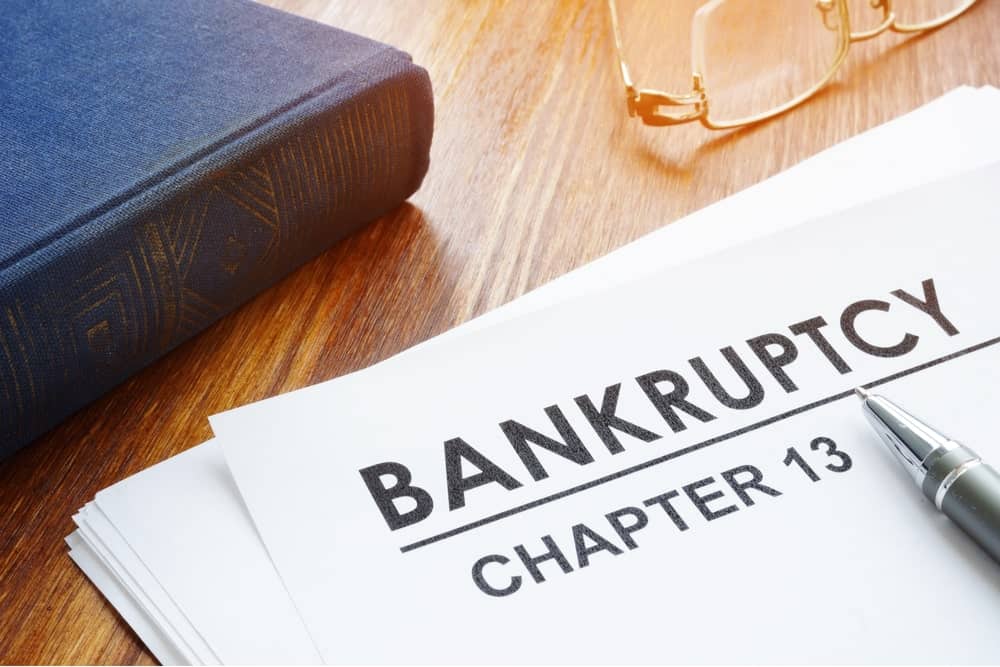Many people considering filing for bankruptcy protection assume that Chapter 7 is the better option. In fact, many people question why anyone would choose Chapter 13 bankruptcy at all.
After all, Chapter 7 bankruptcy wipes out a lot of unsecured debt, often in just a few months.
On the other hand, Chapter 13 bankruptcy requires the debtor to make regular monthly payments for a period of three to five years.
4 Reasons for Debtors to Choose Chapter 13 Bankruptcy
While it may seem on the surface that Chapter 7 offers greater benefits for anyone filing bankruptcy, there are solid reasons for some debtors to choose Chapter 13 bankruptcy.
For instance:
1. Too Much Disposable Income
The debtor may have too much income to qualify for Chapter 7 bankruptcy.
Although there is not a hardline cut off regarding the amount of money a person can earn and still file for Chapter 7 bankruptcy, debtors who are above the median income in their states are subjected to a means test.
The means test compares the debtor’s income with allowable expenses to determine whether he or she should be able to pay at least a portion of those debts.
If the debtor has too much disposable income, he or she may be ineligible for Chapter 7 bankruptcy. Since Chapter 13 bankruptcy involves a repayment plan, no such calculation is necessary to qualify to file under Chapter 13.
2. Non-Exempt Asset Protection
The debtor may have assets to protect.
While some property, such as a certain amount of value in your home and car, and other specific property is exempt – – meaning that property is safe from creditors, even in the bankruptcy process – – many people struggling with debt have non-exempt assets that they want to keep.
That may be because they have more equity in their home than can be exempted, or because they have other types of property, such as a vacation home, that they want to keep.
3. Unsecured Debt Management
They may be using bankruptcy to manage secured debt.
Much unsecured debt, such as credit card debt and medical bills, can be discharged in Chapter 7 bankruptcy. But, the secured debt can’t simply be eliminated, since the creditor has a lien on the property that serves as collateral.
The most common types of secured consumer debt are mortgage loans and automobile financing. Chapter 13 may allow debtors to catch up on secured debts over time, without giving up the assets that secure the loans.
4. Prefer to Pay Monthly if They’re Able to
Some people simply prefer to pay the debts they’re able to pay and regain their financial foundation that way.
For example, a person with an otherwise solid financial history whose income is interrupted by job loss, divorce, or a medical crisis, may be perfectly capable of paying the debt that has piled up and become delinquent during that period.
However, he or she may not be able to pay off debt quickly enough to satisfy creditors and debt collectors. Chapter 13 bankruptcy will allow three to five years pay off those debts in monthly installments, without late fees or facing further collection action.
Consult with an Expert Cleveland Bankruptcy Attorney
The bottom line is that neither Chapter 7 nor Chapter 13 bankruptcy is objectively better across the board.
The best way to determine whether Chapter 7 Or Chapter 13 bankruptcy is better or whether bankruptcy is the right solution for you at all is to talk with a local bankruptcy attorney.
You can schedule a free consultation with one of the experienced bankruptcy attorneys at Dworken & Bernstein by calling 440-946-7656 or completing our quick contact form.
The information presented in this post is not legal advice and does not form a lawyer/client relationship. Laws and circumstances can differ and change.
Please contact us for a personal review of your situation







